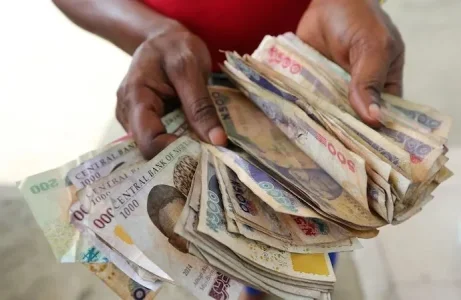
In a distressing economic downturn, Nigeria's naira has reached an all-time low against the dollar, trading at 999 on the official market, as reported by Reuters. This significant depreciation is similar to the persistent weakness in the parallel market, where a scarcity of dollars puts enormous pressure on the currency.
The drastic devaluation of the naira highlights the ongoing economic troubles in Nigeria, which have led to increased hardship and financial instability for its people. This amplifies the domestic economic turmoil and sends shockwaves throughout global markets, underlining Nigeria's crucial role in the African economy.
For Nigerians, this record low means higher costs of imported goods, inflationary pressures, and a potential increase in poverty levels. It is a poignant reminder of emerging economies' vulnerability to currency fluctuations and global economic changes.
The world is watching as Africa's largest economy grapples with these significant challenges, emphasizing the interconnectedness of global economies and the far-reaching effects of Nigeria's economic well-being on international markets and investment climates.




